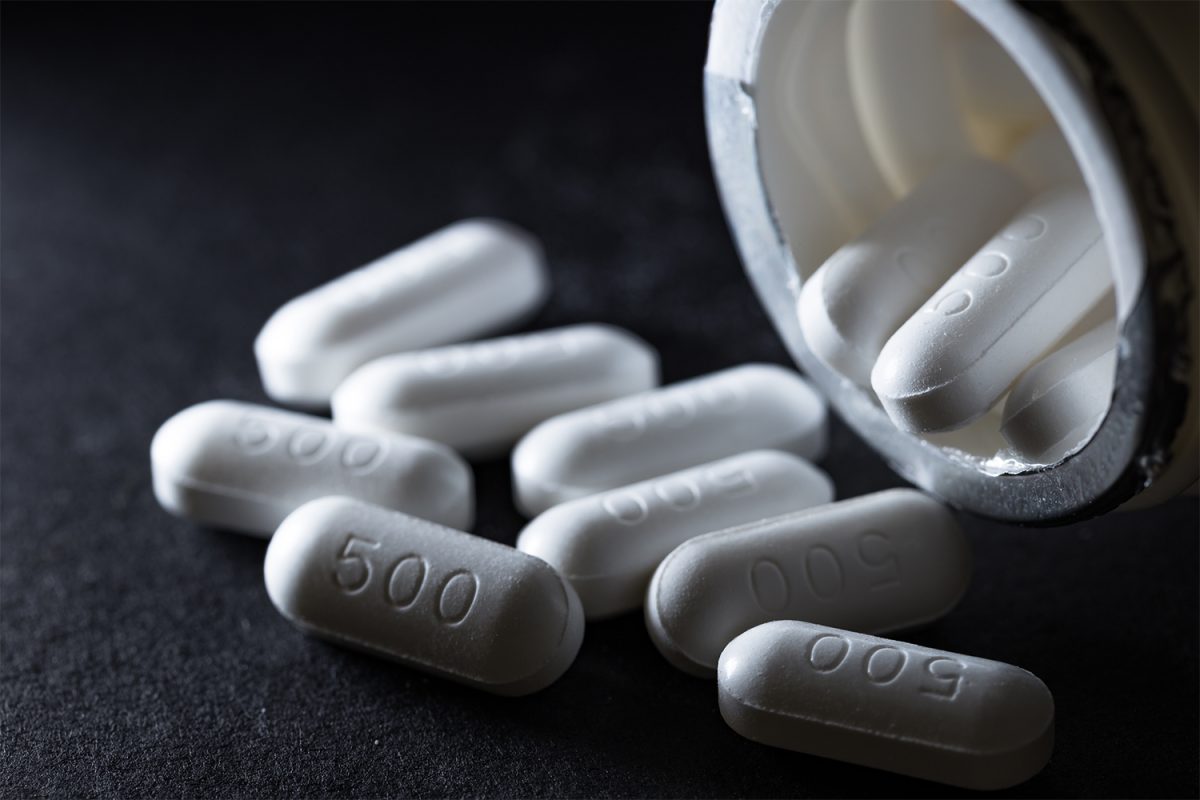As many of us know, drinking too much alcohol can lead to a hangover the next morning, with symptoms including fatigue, nausea, stomach pain, thirst, and headache. Headaches are a common symptom of hangovers and are often treated with over-the-counter medications. Although many different medications can treat headaches, Tylenol is a popular option for addressing both headaches and fever. However, while Tylenol is effective, it has been associated with acute liver failure and even death.
What dose of acetaminophen causes liver injury?
Tylenol, or acetaminophen can cause liver failure and injury if taken above the maximum daily dosage of 4 grams per day, or 4,000 mg. Tylenol toxicity is responsible for 48 percent of acute liver failure cases in the United States. Exceeding the maximum dosage is not the only risk — taking Tylenol with or shortly after alcohol consumption can also lead to this potentially fatal outcome.
How does this liver injury occur?
Tylenol is metabolized by several enzymes, including CYP2E1. When CYP2E1 metabolizes Tylenol, it produces a liver-toxic substance called NAPQI. For individuals who drink heavily, alcohol increases the activity of the CYP2E1 enzyme, resulting in higher levels of NAPQI. The greater the amount of toxic NAPQI, the more damage it inflicts on the liver, potentially leading to complete liver failure. The exact timing of when Tylenol becomes unsafe after drinking alcohol is unknown. Therefore, Tylenol should not be taken the morning after drinking.
What causes a headache when I’m hungover, and how can I prevent it?
Hangover headaches are generally caused by dehydration, which alcohol exacerbates. Tips for preventing headaches the next morning include:
- Staying hydrated throughout the night by drinking water.
- Drinking sports drinks like Gatorade or Pedialyte before bed.
- Using products like Liquid I.V.
- Drinking alcohol in moderation, which is up to two drinks per day for men and one drink per day for women.
If you need medication to combat a hangover headache, ibuprofen or aspirin are safer alternatives to Tylenol. However, these medications carry an increased risk of stomach bleeding when combined with alcohol and may irritate the stomach, worsening other hangover symptoms.
Headaches are a common and uncomfortable symptom of hangovers, but Tylenol should be avoided due to the significant risk of liver failure. Although ibuprofen and aspirin pose some risks, they are better options if medication is necessary. Ultimately, the best way to treat a hangover is to prevent it by staying hydrated and drinking in moderation.
Check out our podcast featuring our authors on Spotify here or visit our website here.
– Kaley Wolff, 3rd-Year Pharmacy Student, Class of 2025



